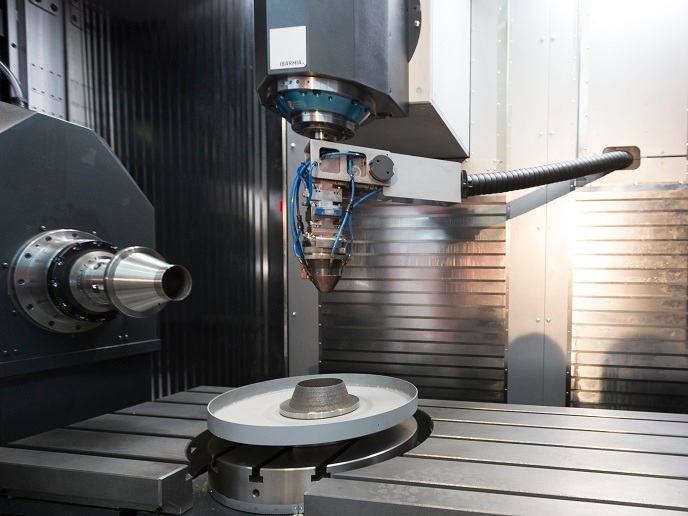Aspirations, expectations and achievement in education
Existing literature dedicated to educational aspirations, expectations and achievements seems to provide a confusing explanation about the causal relationships among these concepts. Despite the topic being studied from the late 1960s and early 1970s, the connection remains vague. For example, it is unclear when and how high aspirations precede great achievements or if high expectations are a reliable predictor for future success. The project RAEAA (The relationship between aspirations, expectations and achievement: Analysing the longitudinal survey of young people in England) examined the implications of this relationship. The research methodology included the 2004 studies of the Longitudinal Survey of Young People in England (LSYPE) and the National Pupil Database (NPD). The data surveyed a total of 15 770 young people attending 647 different schools in England. It demonstrated a convergence among some students in terms of aspirations, expectations and achievement, although for most young people they don't always converge. This methodology allowed the construction of a new approach towards conceptualisation of the relationships among aspirations, expectations and achievement amongst majority and minority pupils in England. The project aimed to present all the possible situations of aligned and misaligned future orientation among aspirations, expectations and achievement, and the determining factors for each situation, such as family, class, school and locality. Results showed that although many young people are academically successful, they do not necessarily develop high aspirations or expectations. Similarly, for one out of five young people, high aspirations or expectations do not guarantee academic success. The project findings led to a distinct analytical framework for further research and policy development in this area. Project researchers examined how different combinations of aspirations, expectations and school achievement can influence students' future educational behaviour, like applying to university at the age of 17-18. The study demonstrated that students with either high aspirations or high expectations have higher school achievement, compared to those with both low aspirations and low expectations. Complete alignment among high aspirations, high expectations and high achievement is the most important predictor for future educational behaviour amongst students. Yet, low expectations don't have a negative impact on students' future behaviour, when combined with high aspirations and high school achievement. Finally, at GCSE level, the study found significant ethnic differences in favour of white students, which were reversed in relation to applying at university at the ages of 17-18.







